Jamie Schneider Digital Strategist for the North American Division. The iBelieve: Bible Study is an online resource designed to strengthen the faith of young adults and evangelize young contemporary audiences. iBelieve is made up of four main components that are released incrementally throughout each week: short blog posts, short videos, social media discussion videos, and social media postings of faith-based reflective questions and comments. Following the NAD Education Bible standards for grades 9-12, iBelieve is 100% founded in biblical principles and the 28 Fundamental Beliefs. Topics and themes shared each week via social media are designed to show the relevance of the Seventh-day Adventist Church, the Bible, and Jesus Christ to those who might be questioning their faith or have no faith at all. Examples of topics include: immigration, environmentalism, gender equality, fornication, salvation, drugs, and hypocrisy. The content on these important topics is presented honestly and without being overly “sanitized.” To increase utility, maximize investment, and support numerous demographics within and outside of the Seventh-day Adventist Church, materials are designed for use in a variety of settings and applications beyond the online environment. For example, iBelieve content can be dispersed in regular social media posts of the Church and its followers, and then utilized in Adventist schools, home school, family worship, personal worship, vespers, youth Sabbath school, and public high school evangelism. Currently, over 30 weeks of content has been generated with an additional 22 weeks of material currently in production. Each week’s content costs approximately $1,300 to produce and publish online. Funding for one year of content was secured through a partnership between NAD Ministerial, NAD Office of Education, and the Adventist Learning Community. Content is produced by young Adventists at Adventist institutions of higher learning throughout the Division, including Andrews University, Southwestern Adventist University, Southern Adventist University, Pacific Union College, and Walla Walla Adventist University. Students and recent graduates of Adventist colleges and universities produce all of the content for iBelieve, and, in doing so, are taking leadership in ministry and service to God. For more information, visit iBelievebible.com. Connect on social media: @iBelieveBible Facebook l Twitter l Instagram Initial Results: The first 28 days… The iBelieve: Bible Study initiative was launched in early September 2016, and has seen tremendous success. In the first 28 days, more than 214,000 people were reached on Facebook, including more than 32,000 video views. Facebook’s ads algorithm combined with a variety of sharable content has allowed iBelieve to grow rapidly in a short amount of time while reaching our target demographic—81% of the people reached on Facebook are under 35 years old. The Facebook page has exploded from 0 page likes to over 6,000 in a little over a six weeks! Due to the ad capabilities of Facebook and Instagram, we have focused our attention on these platforms. Also, in the first few months since launch, iBelieve has reached over 6,500 impressions on Twitter; 81% of those reached are under 35. Moving forward, the project aims to utilize partnerships with Adventist youth groups and schools to grow its Twitter following. While the iBelieve target demographic (under 35 y.o.) prefers to view content within the platform, such as Facebook or Instagram, traffic to the blog is encouraged in all communications to hopefully train followers to visit the website regularly. The focus is on reaching young adults in the North American Division, however organic traffic has resulted in some world-wide reach. Since its launch, the blog has received over 1,900 visits, with 68% of visitors falling within the target demographic. 83% of the traffic to the website is a result of our social media strategy. These results are only possible because ALC set aside funds and human resources to ensure that this high quality content gets out to the right people. Funding is an essential foundation to a content campaign, or digital evangelism in general. Social media is a business, therefore, in order to maximize impact, brands have to pay to play, otherwise only about 10% of the fan base gets served content. The iBelieve strategy is built around a multi-platform approach, using the power of various platforms such as Facebook, Instagram, and Twitter to direct traffic back to the biggest evangelistic tool: the website. In this day and age, to cut through the clutter, diversity of content is key to maintaining interest and engagement. This also means empowering the youth to think creatively about how technology can be used to engage their peers and meet their needs in an ever-changing digital environment. For example, live-broadcasted discussions with young adults, encouraging engagement directly with the online community, will be hosted in the future. Video and digital media has changed the way people interact with information. Four times as many people would rather watch a video about something than read about it. With that in mind, key sections of the iBelieve videos are being repackaged and posted separately in order to facilitate thought and discussion among the audience as well as make it digestible for busy viewers. This ties into the concept of “member care.” Social media should be about listening and relationship building. To really feed the flock, this ministry must go beyond just content creation. People also want to be heard and experience community. Engaging with the “church brand” directly is a unique experience that social media allows. With over 9,000 engagements on Facebook already, the iBelieve team is proactive in responding to followers engaged in the discussion. As the project continues, more and more non-believers are joining the conversation. This direct engagement with the audience enables the team to interact with people from all backgrounds in a personal and meaningful way. The #iBelieveBible project is built upon content created by young adults for young adults. It stands to reason that young adults would know best how they can be reached. To that end, the Social Media + Big Data department has come on board to equip and train Adventist university students to implement a comprehensive digital strategy. Social media is global, and Facebook is the biggest country in the world. The church needs an army of well-trained digital evangelists, who know their target audience well, empowered to reach this bold new frontier of mission. That starts with student mentorship and training. Ultimately, students will be trained to be fully equipped to run the #iBelieveBible project and reach their peers effectively in the digital realm, hopefully keeping our young people committed to the Adventist Church and attracting new members.
Share your comments and questions below! |
Archives
August 2020
Categories
All
|
- Home
- BLOG
-
RESOURCES
-
RESOURCE MENU
>
- ADVENTIST IDENTITY GUIDELINES
- BIG DATA RESOURCES
- BRANDING, IMAGE & DESIGN RESOURCES
- CHURCH/MINISTRY SPECIFIC RESOURCES
- COPYRIGHT & TRADEMARK BASICS
- COURSES
- EMAIL RESOURCES
- GUIDANCE FOR HIRING SOCIAL MEDIA POSITIONS
- PODCASTS
- REPORTS & CASE STUDIES
- SOCIAL MEDIA RESOURCES
- (SOCIAL) VIDEO RESOURCES >
- TEXTING 4 CHURCHES
- TRACKING & ANALTYICS
- WATCH VIDEOS & TUTORIALS
- WEBSITE TIPS
- SOCIAL MEDIA GUIDELINES
-
RESOURCE MENU
>
- SEO
- Digital Discipleship & Evangelism
- COVID-19 RESOURCES
- eNEWSLETTER


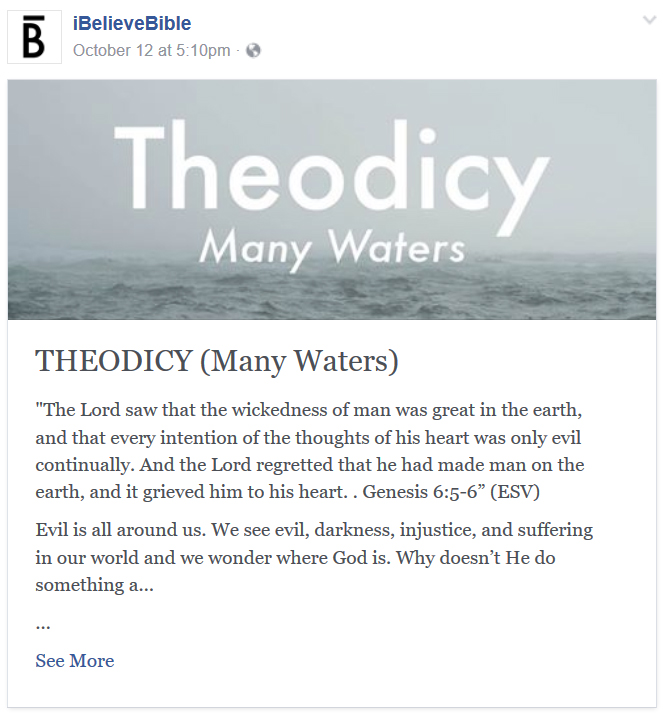

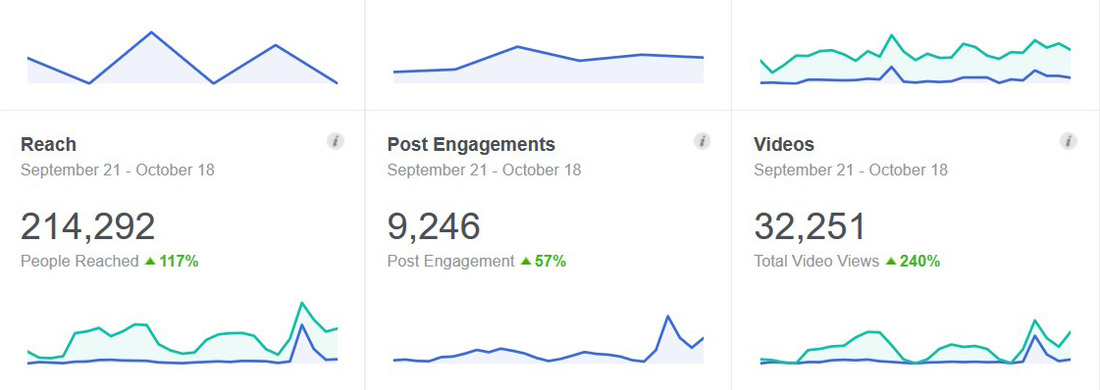
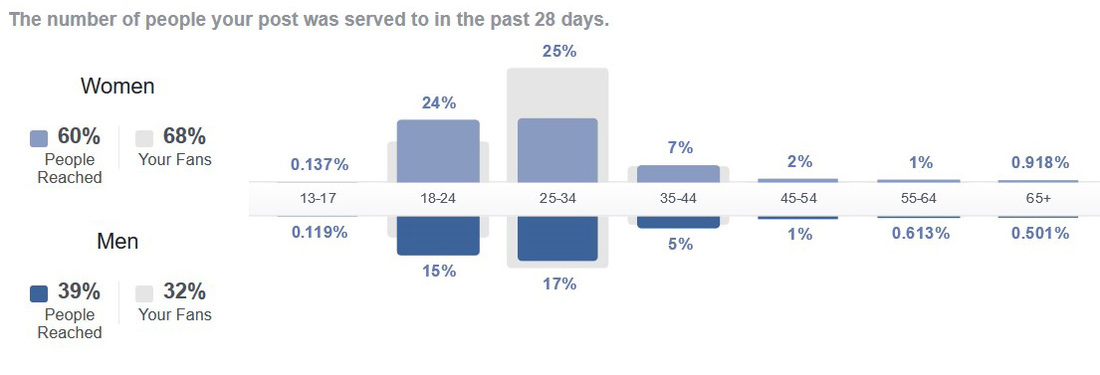
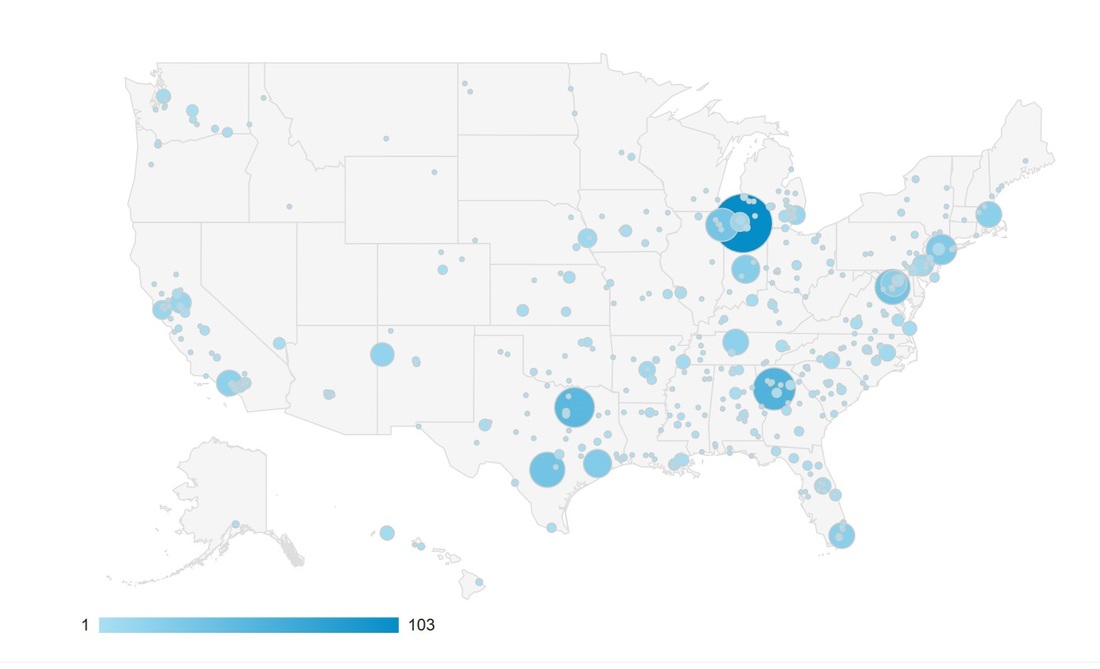
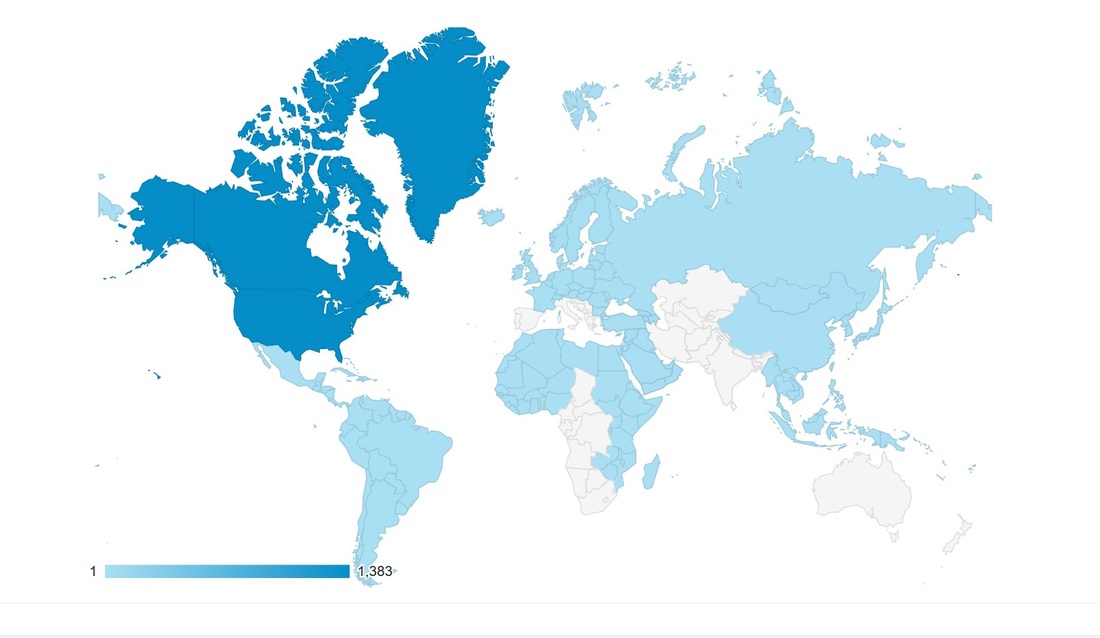
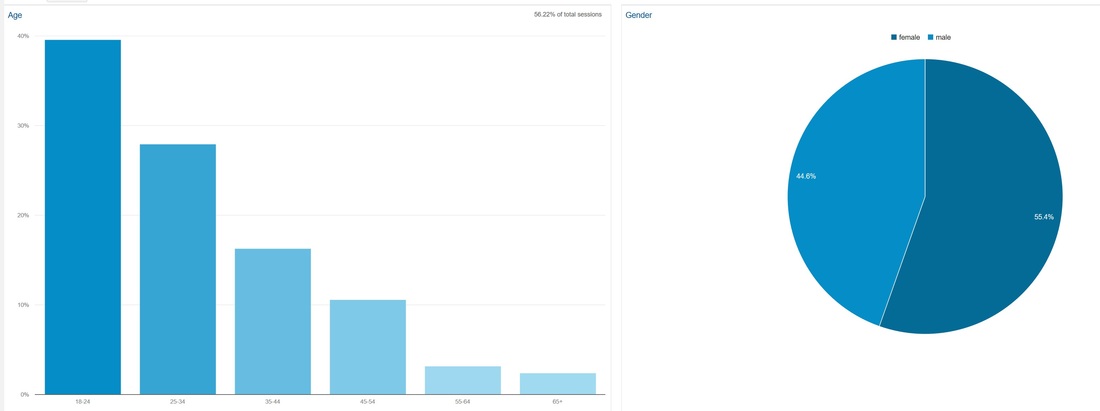
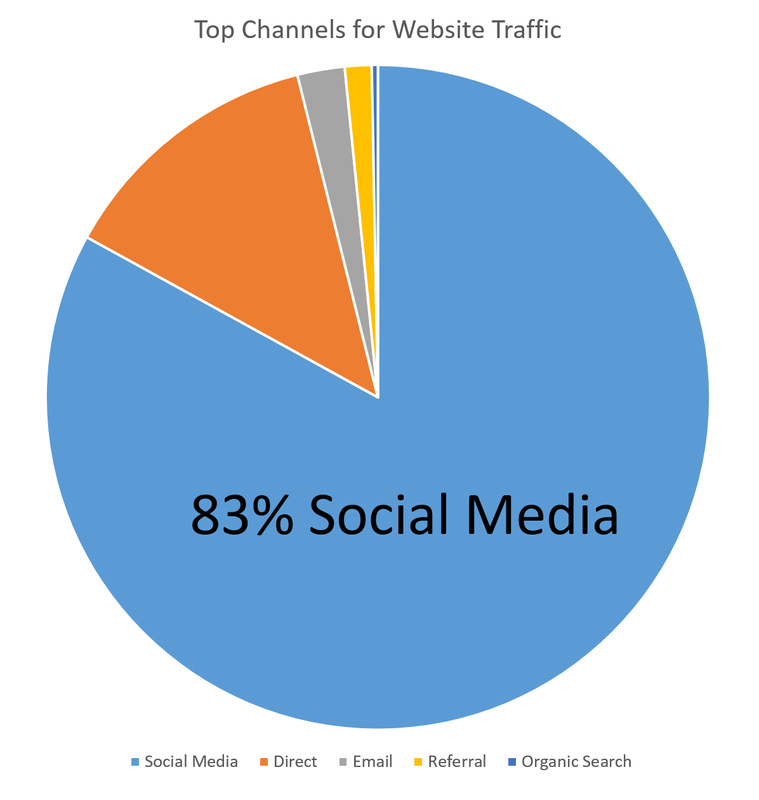

 RSS Feed
RSS Feed